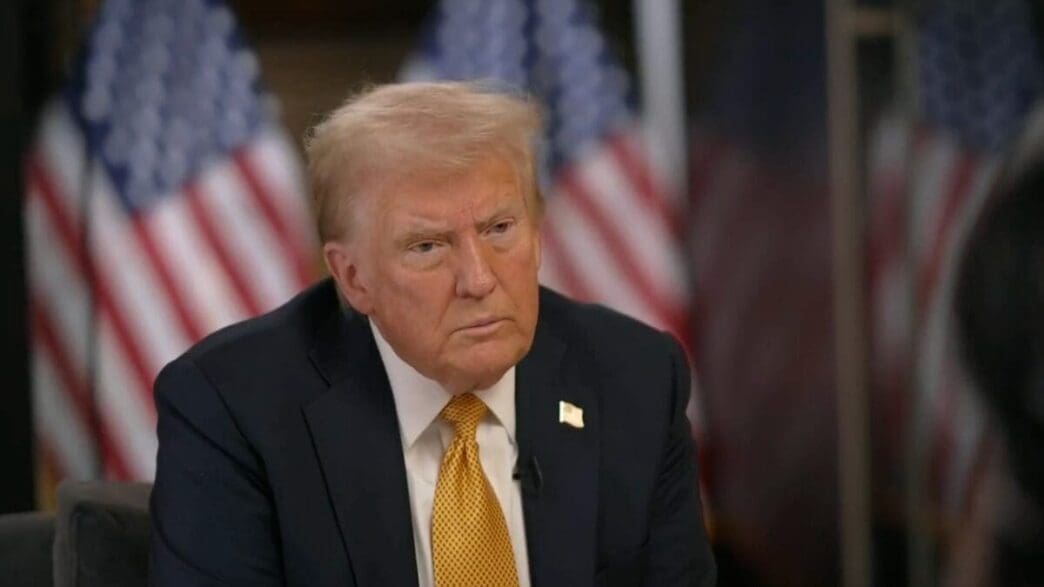In a recent “Meet the Press” interview, President-elect Donald Trump outlined his immigration policy goals, raising questions about birthright citizenship and deportation of American citizens with undocumented family members.
Donald Trump, the President-elect, has announced a bold plan to tackle illegal immigration in the United States, sparking conversations and controversy. In an interview, he emphasized that there is no choice but to deport everyone residing in the country illegally. This includes potentially deporting family members who are U.S. citizens if their relatives are undocumented immigrants.
Trump also expressed his intention to end birthright citizenship, a practice grounded in the 14th Amendment, which grants citizenship to anyone born on American soil. He described this policy as ‘ridiculous’ and plans to repeal it through executive action, although such a move would likely face significant legal challenges. Trump claimed, inaccurately, that the U.S. is the only country offering birthright citizenship, although many nations, including Canada and Brazil, have similar laws.
Despite his strict stance on immigration, Trump showed a willingness to cooperate with Democrats on legislation to protect Dreamers. These are undocumented immigrants who were brought to the U.S. as children and have been able to stay and work through the Deferred Action for Childhood Arrivals (DACA) program. Trump acknowledged that many Dreamers have established successful lives in the U.S. and assured that a plan to address their situation would be pursued.
Trump’s proposed immigration policy is set to commence with the deportation of undocumented immigrants who have committed crimes, although he did not clarify which specific crimes would fall under this initiative. This focus on criminal offenders aligns with his campaign’s emphasis on securing the borders and reducing crime associated with illegal immigration.
Trump’s approach to families with mixed immigration status further highlights the complexities of his policy. He suggested that families would be faced with a difficult choice: either the undocumented member leaves or the entire family departs. This aligns with sentiments expressed by Tom Homan, Trump’s choice for border czar, to deport families together rather than separate them.
The President-elect addressed his previous administration’s zero-tolerance policy, which led to family separations at the border. While the policy was ended, Trump stated that future decisions would depend on the family’s specific circumstances, hinting at a more individualized approach.
Amidst these decisive statements, it’s important to note the backdrop of increased unauthorized immigration during President Biden’s term, despite recent executive actions to curb it. Trump plans to continue his campaign focus on border security, underlining crimes by undocumented immigrants, although studies have shown that undocumented immigrants are arrested at lower rates for violent crimes than native-born Americans.
Trump’s proposed immigration reforms signal significant changes that could impact numerous families and the legal landscape. His commitment to revisiting current policies, including birthright citizenship and protections for Dreamers, points to a tenure marked by substantial immigration debates.
Source: Nbcmiami








